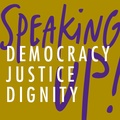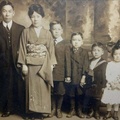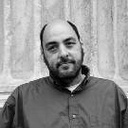
Greg Robinson
@GregGreg Robinson, a native New Yorker, is Professor of History at l'Université du Québec À Montréal, a French-language institution in Montreal, Canada. He is the author of the books By Order of the President: FDR and the Internment of Japanese Americans (Harvard University Press, 2001), A Tragedy of Democracy; Japanese Confinement in North America (Columbia University Press, 2009), After Camp: Portraits in Postwar Japanese Life and Politics (University of California Press, 2012), Pacific Citizens: Larry and Guyo Tajiri and Japanese American Journalism in the World War II Era (University of Illinois Press, 2012), and The Great Unknown: Japanese American Sketches (University Press of Colorado, 2016), as well as coeditor of the anthology Miné Okubo: Following Her Own Road (University of Washington Press, 2008). Robinson is also coeditor of the volume John Okada - The Life & Rediscovered Work of the Author of No-No Boy (University of Washington Press, 2018).
His historical column “The Great Unknown and the Unknown Great,” is a well-known feature of the Nichi Bei Weekly newspaper. Robinson’s latest book is an anthology of his Nichi Bei columns and stories published on Discover Nikkei, The Unsung Great: Portraits of Extraordinary Japanese Americans (University of Washington Press, 2020). It was recognized with an Association for Asian American Studies Book Award for Outstanding Achievement in History Honorable Mention in 2022. He can be reached at robinson.greg@uqam.ca.
Updated March 2022
Stories from This Author
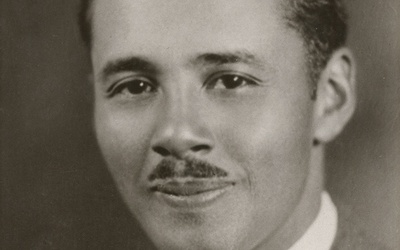
Loren Miller: African American Defender of Japanese American Equality
July 25, 2017 • Greg Robinson
Loren Miller (1903-1967), an African American attorney and newspaperman from Los Angeles, worked to build American democracy during a career that spanned almost 40 years. Although Miller worked with the National Lawyers Guild and numerous other organizations, he made his most lasting contributions as a civil rights lawyer during the 1930s and 1940s, in association with the National Association for the Advancement of Colored People (NAACP) and the American Civil Liberties Union. However, in addition to his primary work on …
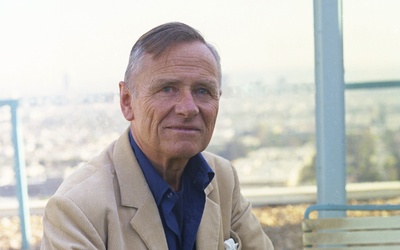
Not Just a Single Man: Christopher Isherwood's Nisei Connections
June 26, 2017 • Greg Robinson
Christopher Isherwood’s short novel A Single Man, which has won increased sales and attention in recent years as a result of Tom Ford’s luminous 2009 screen adaptation, stands as a groundbreaking piece of literature. Published in 1964, five years before the Stonewall riots and the birth of the modern LGBT movement, the book is often referred to as one of the first works of modern queer literature, in that it features a gay protagonist who is “normal” (i.e. not evil …
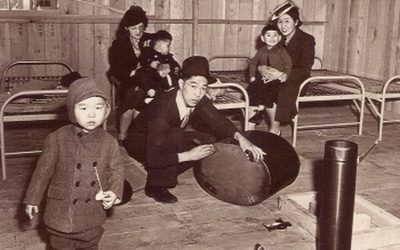
Defending Nikkei: Hugh Macbeth and the Japanese American Internment
Feb. 18, 2014 • Greg Robinson
Hugh Macbeth, Sr., a Black attorney from Los Angeles, is largely forgotten today, but he deserves commemoration as an outstanding defender of Japanese Americans during World War II. Born in Charleston, South Carolina in 1884, Hugh Ellwood Macbeth attended Fisk University and Harvard Law School, graduating in 1908. After living several years in Baltimore, where he was founding editor of the newspaper The Baltimore Times, in 1913 he headed to California. In the decades that followed, Macbeth became an important …
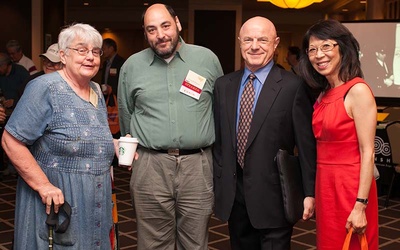
Speaking Out in Seattle: The JANM Conference
Aug. 15, 2013 • Greg Robinson
I was privileged to attend the 2013 Japanese American National Museum conference in Seattle. It commemorated the 25th anniversary of the Civil Liberties Act of 1988, granting surviving Japanese Americans redress for their wartime confinement. The conference was a concentrated and rather intense experience, for a number of reasons. I arrived at the conference on Friday, July 5. Sadly, I missed out on the morning planning session for Tule Lake, which I heard afterwards had been quite a lively session. …
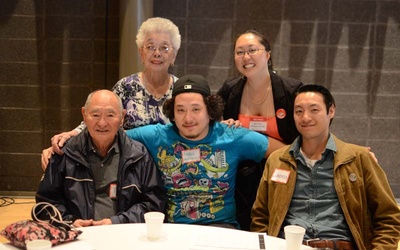
After Camp, Canadian Style: The Japanese Canadian Post War Experience Conference - Part 2 of 2
May 24, 2013 • Greg Robinson
Read Part 1 >>One hint as to the prevailing spirit was that during the day several different people spoke of working in Jewish firms, which were the only ones that did not practice discrimination, or compared their experience with Jewish friends and classmates (Frank Moritsugu spoke of being hired in 1952 by McLean’s and being welcomed by the staff. Soon after, a reporter who had been on assignment returned, ushered Frank into his office, shut the door, and then said, …
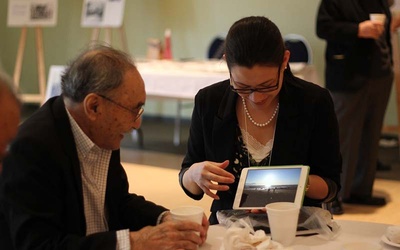
After Camp, Canadian style: The Japanese Canadian Post War Experience Conference - Part 1 of 2
May 17, 2013 • Greg Robinson
At the first Japanese Canadian Heritage Committee conference I attended, back in 2010, I was invited to come on the night before the main event and give a warmup with some historical background. At the Keisho conference last year, I was asked to attend and then speak about my reflections at the end. This time, I appeared on both ends, as kickoff speaker the first morning and then as assessor. I am very glad to take on the task of …
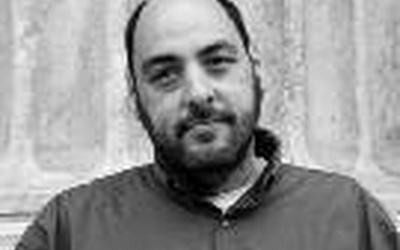
Nisei Journalists and the Occupation of China: Buddy Uno and Bill Hosokawa Compared - Part 3 or 3
May 4, 2012 • Greg Robinson
Read Part 2 >>In 1995, a conference on the Japanese American experience was held at Northwest College in Powell, Wyoming. Among the conference speakers were historian Yuji Ichioka, who presented a paper on Buddy Uno, and Hosokawa. According to surviving tapes of the sessions, Ichioka asserted during his presentation that Uno, despite his work for Tokyo and his belief in the superiority and honorable mission of Japan’s military, was NOT a traitor to the United States. Rather, he was simply …
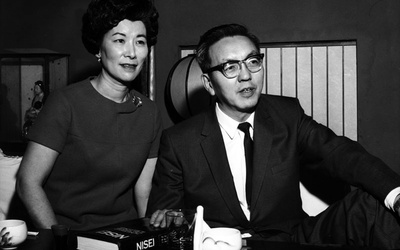
Nisei Journalists and the Occupation of China: Buddy Uno and Bill Hosokawa Compared - Part 2 of 3
April 27, 2012 • Greg Robinson
Read Part 1 >> Kumpei William Hosokawa was born in Seattle on January 30, 1915. Although he did not begin speaking English until he went to kindergarten, he developed an early interest in reading and sports. He excelled in basketball, and later helped found a local Nisei basketball league. Like many young Nisei, he spent several summers in Alaska working in salmon canneries. In 1933, Hosokawa entered University of Washington to study journalism, although he was warned that no mainstream …
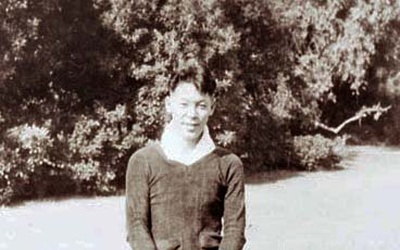
Nisei Journalists and the Occupation of China: Buddy Uno and Bill Hosokawa Compared - Part 1 of 3
April 20, 2012 • Greg Robinson
One of the difficulties of doing Japanese American history is maintaining a balanced perspective in the face of politically and ideologically-charged debates. Many chroniclers of Japanese Americans, in trying to debunk racist wartime images of Nisei as disloyal and pro-Japanese, have perhaps gone rather too far in the other direction. Eric Muller, the distinguished legal scholar and historian, has eloquently complained that books, plays, and exhibits have largely erased the Japanese connections of prewar Nisei, and have tended to portray …
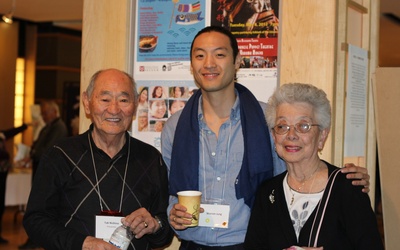
Dateline Toronto: the Keisho Conference Commemorating the 70th Anniversary of Japanese Canadian Internment
April 13, 2012 • Greg Robinson
On the weekend of March 31-April 1, I traveled to Toronto to attend the Keisho Conference at the Japanese Canadian Cultural Centre. The conference, organized by the Heritage Committee of the JCCC (with help from Sedai, the Japanese Canadian Legacy Project) was designed to commemorate the 70th anniversary of Japanese Canadian confinement. There were a few hundred Japanese Canadians in attendance, plus some non-Japanese. On the morning of the first day, we were seated in the large Kobayashi hall, which was …


